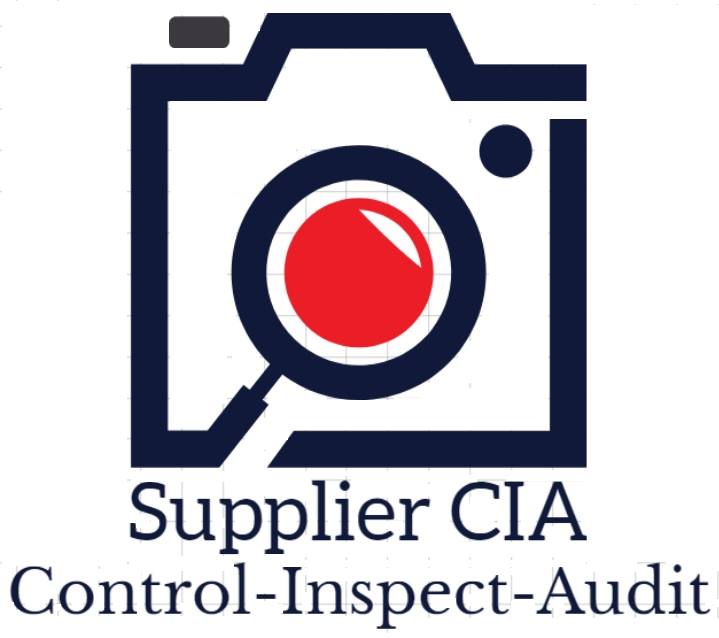What can cause the parallel channels for importers?

Case 1: Ordered shipment that is found not to comply with quality/safety requirements, the production will be rejected. The factory will look for another buyer with the resulting stock, even if the design and the brand are proprietary. And that buyer will probably be from the same country as the original importer, for obvious reasons of taste and market standards. End consumers will purchase products that were judged unacceptable on their market.
Case 2: Copies created from the manufacturer. The factory sells extra production to some type of agent, who in turn will sell the goods on the same export market at much lower prices. Not only does this represent lost sales, but it also hurts the brand image… Who thinks all these copies, made under no supervision, are produced in the same workshop, from the same materials, and at the same quality level as the originals?
In both cases, it can’t be determined where the products end up. There is no control over distribution, retail even if warranty issues.
How to prevent parallel supply chain?
If the parallel supply chain is a real danger to your business here is advice;
– Select the countries that will prevent property rights if there are alternatives to placing production move your supply channels there.
– Try to find solutions in the importing country. If you are lucky enough to be in a highly regulated industry, you might be able to pressure the retailers pharmaceutical i.e.
– Prepare your product design in a way that reduces these risks. Maybe the product is highly technical and can only function with a certain part that is embedded when you do the final assembly. If possible design the products to be technically impossible to copy.
– You can set up local operations for sourcing components and taking care of final assembly. By this way, you will have control over your supply chain. However, this system brings investment in money and time. Some companies have an extra assembly plant based in the manufactured country.
– If you faced with an unsalable production, physical destruction of the goods through a contract (in case the buyer knows about the situation). But one must go to ensure that a manufacturer factory really does the destruction of products that has a market value somewhere. The best is to purchase these goods and pay a third party to destroy them…
– The most economical solution for overseas buyers is to have a presence on the ground during production. Final inspections (just before shipment) are fine for confirming quality, but they do nothing to avoid parallel channels. Early inspections are strongly recommended. A manufacturer will probably not launch extra production on the side if a representative of its customer is on its premises during production.

